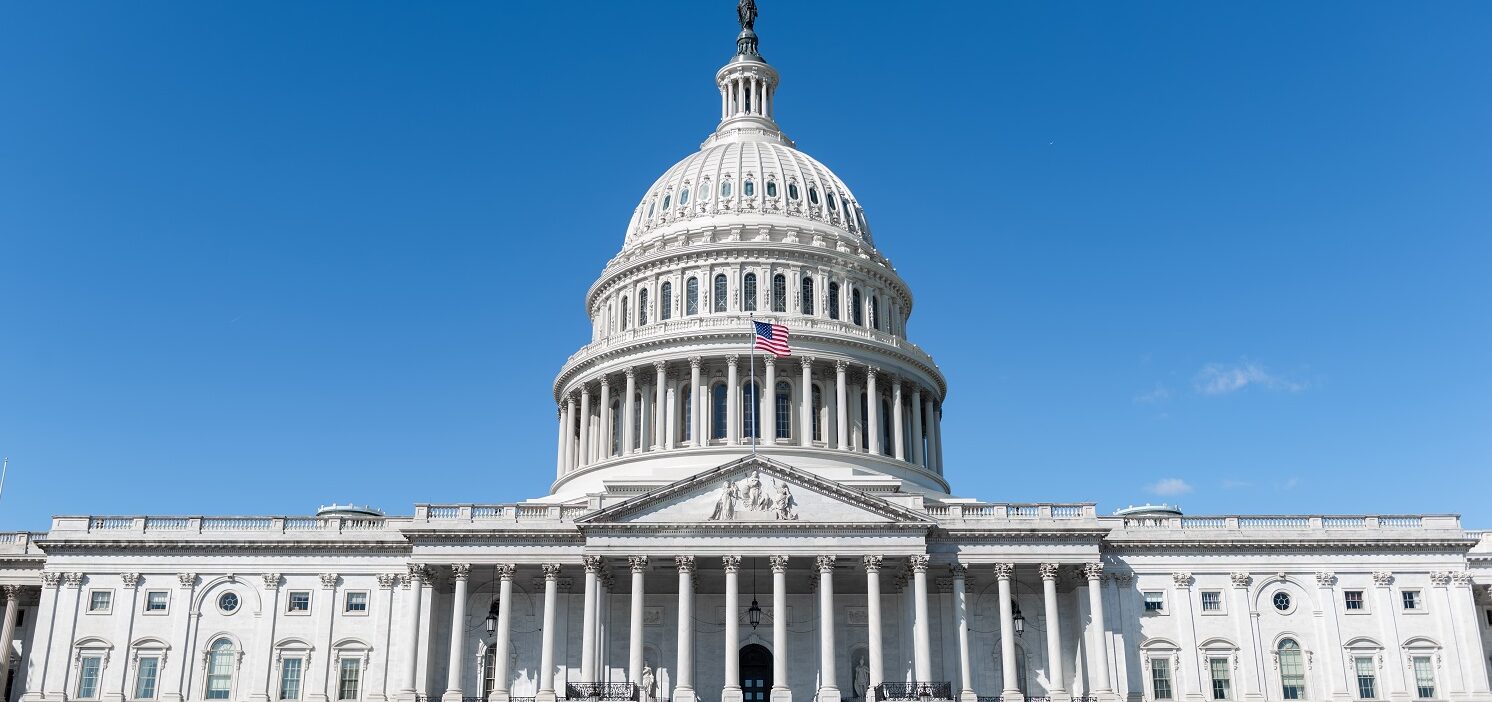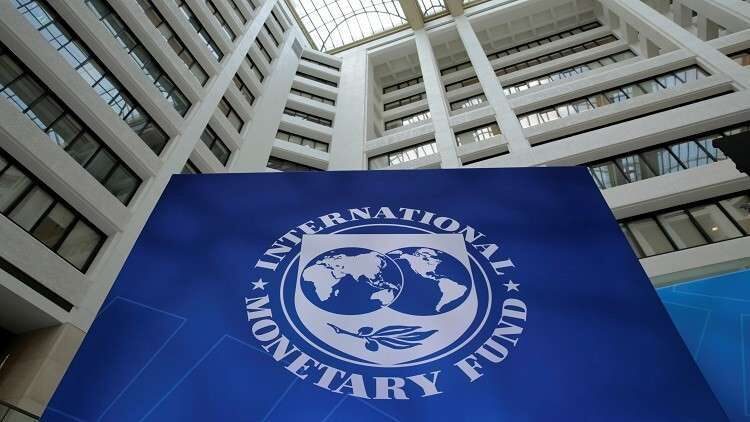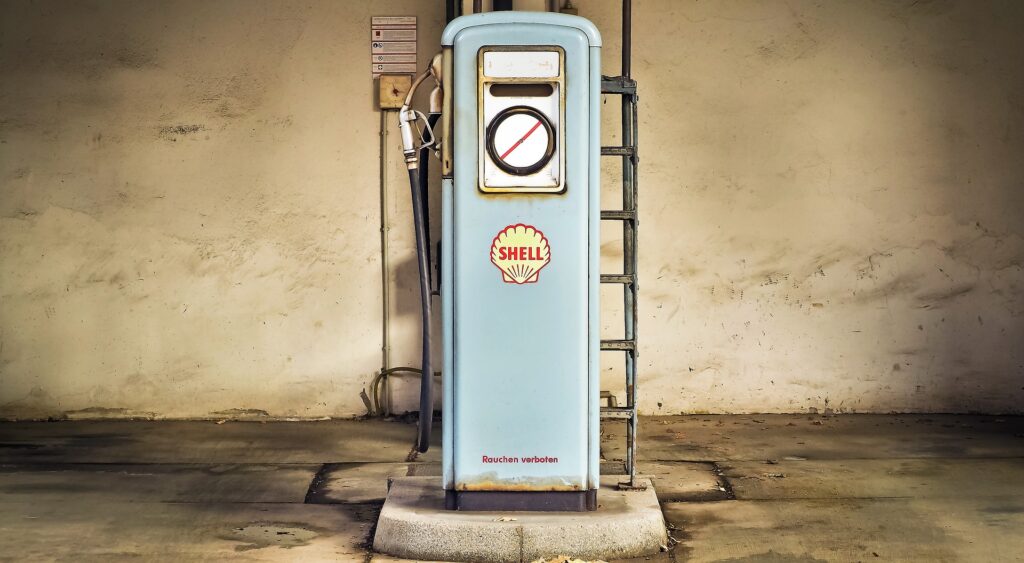This Q&A first appeared in May’s print edition of Business Monthly.
The U.S. International Development Finance Corporation (DFC) is the development finance agency of the U.S. Government with a focus on supporting private sector projects in low- and middle-income nations.
DFC is authorized under the Better Utilization of Investments Leading to Development (BUILD) Act passed in 2018 and began operations in January 2020. The BUILD Act consolidated, modernized and reformed the U.S. Government’s development finance capabilities – primarily the Overseas Private Investment Corporation (OPIC) and the Development Credit Authority (DCA) of the U.S. Agency for International Development (USAID) – into a new agency.
The agency offered these responses to Business Monthly’s questions about how Egypt’s private sector can gain access to funds and the sectors the agency is prioritizing.
What is the DFC’s mandate regarding financing the private sector in emerging markets, such as Egypt?
Our mandate is to mobilize private capital to address development challenges, while advancing U.S. foreign policy priorities.
DFC partners with the private sector to finance solutions to the most critical challenges facing the developing world today. DFC invests across multiple sectors, including energy, healthcare, infrastructure, agriculture, small business, and financial services.
DFC investments adhere to high standards and respect the environment, human rights, and worker rights.
Please give us highlights of various financing programs for which the Egypt-based private sector might be eligible.
DFC is addressing pressing challenges around the globe through the use of its development finance tools, such as political risk insurance, debt and equity financing, investment funds, feasibility studies, and technical assistance.
Egypt-based private sector enterprises are eligible for the full suite of DFC tools, including political risk insurance. Political risk insurance coverage is available up to $1 billion against losses due to events such as currency inconvertibility, expropriation, and political violence. Political risk insurance protects equity and debt investors against political risks such as inconvertibility, expropriation, and political violence. DFC’s political risk insurance can also be applied to bond issuances in capital markets.
Debt financing offers direct loans and guaranties of up to $1 billion for tenors as long as 25 years, and programs targeting small and medium-sized businesses.
Equity investments via direct equity investments of up to 30 percent of total equity capital provide support to companies committed to creating developmental impact.
Debt and equity investments support emerging market private equity funds that help address the shortfall of investment capital.
With feasibility studies, DFC provides support for the analysis of a potential project to determine its viability and support for development outcomes. And with its technical assistance, DFC helps increase the developmental impact and/or commercial sustainability of existing projects or to develop potential new projects.
What are the eligibility terms and conditions for Egypt-based companies? Do they differ from one sector to another?
Egypt-based companies are generally eligible for all DFC products. Projects are assessed based on their credit analysis, risk assessment, development impact analysis, environmental and social analysis, know-your-customer determination, and assurance that the project is not in one of DFC’s prohibited sectors, which include military equipment and tobacco products, among other sectors. Our website, www.dfc.gov, has a full list of prohibited sectors.
DFC focuses on financing companies where the private sector owns a majority stake and DFC may also support companies and financial institutions that are involved in public-private partnerships.
How can an eligible Egypt-based private sector company apply for financing?
An eligible private sector company can apply for DFC support through the DFC website. Visit the section that shows priority sectors. Click on a link for a particular sector to generate an email to the appropriate contact.
If a sector is not shown, it does not mean DFC cannot support the project. Please contact merryl.burpoe@dfc.gov with questions about how to reach the right department.
How do you decide which type of financing to offer an applicant? How long does it typically take for an applicant to receive approval or denial of funds?
In initial conversations with DFC – assuming that DFC criteria are met – a business analysis is undertaken to identify what support is potentially needed for the project.
If there is a match with the support DFC can provide, the project moves on to the application stage.
Applications include various documents that outline the project details, including relevant information on company ownership, management experience, company-audited financial statements, business plans, financial projections, marketing plans, etc.
The first step is for a project application to be presented to a screening committee to determine its eligibility.
For financing, that is followed by a review by a credit committee or equity review committee. Political risk insurance goes through a political risk insurance underwriting review.
Projects will also be reviewed by environmental and social analysis experts, as well as the economic development impacts team.
Depending on the results of those reviews and the size of the project, the next steps may be Investment Committee and Board approval.
The time allotted for project approval depends on the complexity of the project and the efficiency with which the investor delivers the required information.
Do you account for foreign exchange risk when assessing an applicant’s request for funding? How significant is that risk for the Egyptian pound?
Since DFC is evaluating a project for credit risks when offering a loan, it is important to understand the ability of a project to repay its loan and meet its other financial obligations. Foreign exchange risk may be a factor in that review.
However, there may be ways to mitigate that risk depending on the project specifics.
DFC political risk insurance can protect against inconvertibility risks, but it does not protect against currency devaluation.
DFC typically lends in hard currency, so for sectors where only local currency is earned, it may be preferable for DFC to lend to a financial institution that then lends in local currency for small and medium-sized businesses and to others that find hard currency loans challenging.
Are companies that secure funding restricted in how they can use the money? Does the DFC monitor how the funds are spent?
DFC will inquire into the intended use of funds and make its determination about whether or not to lend to or invest in a project based on that information.
Depending on the project and investor type, funds may be used for operational expenses or working capital, for “on-lending” – lending to businesses or individuals, generally facilitated through banks, debt funds, or other financial intermediaries – or for additional liquidity, etc.
DFC will normally have specific conditions precedents that must be met before funds are disbursed.
DFC monitors projects to evaluate whether funds are being used for the intended purpose, project requirements are being implemented, and to measure developmental outcomes.
DFC requires regular reporting, which will be outlined in loan documents or equity investment documentation.
Which are the most exciting sectors in Egypt for the DFC?
DFC sees Egypt as an important country of focus.
Egypt has many areas in which high-quality companies are investing that have strong development impact potential, including renewable energy, water, transportation infrastructure, critical minerals, agriculture and food processing, small and medium-sized business development, and health, among others.
Egyptian financial institutions have the potential to be strong partners in providing capital to microenterprises and underrepresented populations, including women business owners.
DFC looks forward to building our portfolio in Egypt to mobilize private capital, to contribute to the achievement of important economic and social development objectives, and to support the expansion of sustainable businesses.







